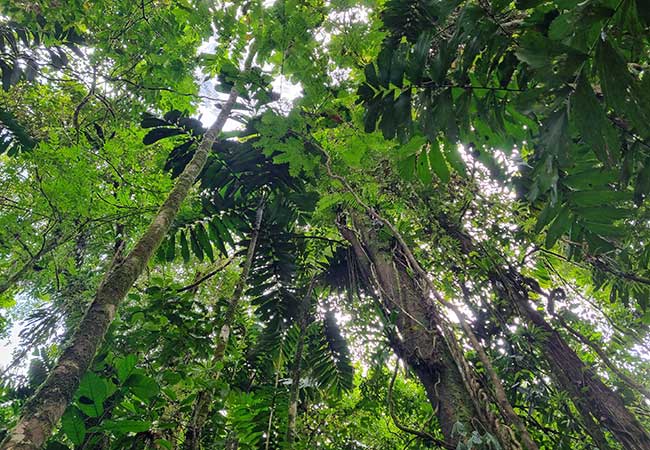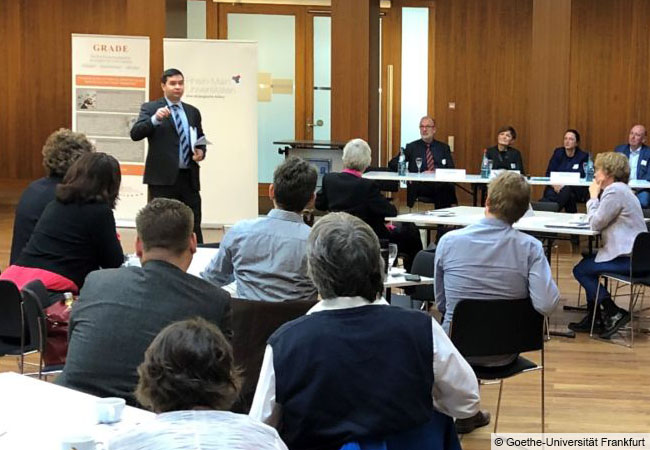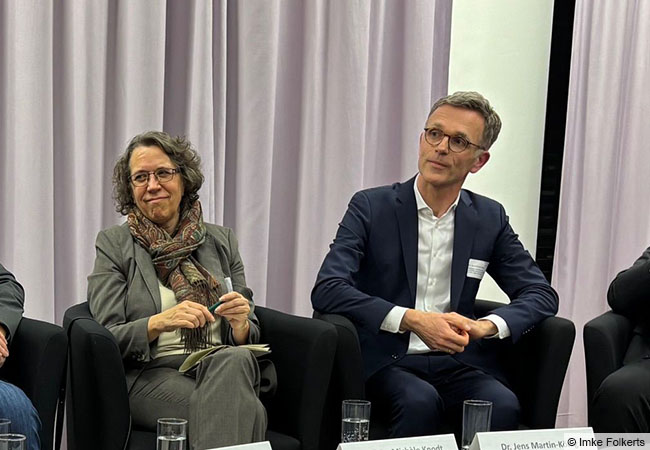How effectively do children and teenagers learn in remote classes from home? The issue has been the subject of intensive discussions, not only among experts. A systematic review from the Department of Educational Psychology at Goethe University provides a sobering answer for the spring of 2020. The situation seems to have later improved.
Despite diverse efforts to continue school operations as far possible with the help of remote learning and digital options during COVID-19-related schools closures, large deficits came about in the learning progress of many students. This was shown by a systematic review from Education Psychology at Goethe University. In the course of this systematic review, scientific databases were used to identify studies worldwide that examined the effect of COVID-19-related school closures on student achievement.
“We only included publications with appropriate research methods that allow evidence-based conclusions about the effect of COVID-19-related schools closures on student achievement, and that used testing instruments that are suitable for measuring student achievement,” explains Professor Andreas Frey, who teaches Educational Psychology with a focus on consulting, measurement and evaluation at Goethe University, and is one of the authors of the study. This showed that, compared to pre-COVID-19 in-person teaching, average student achievement was significantly lower during school closures. “The average student achievement during the school closures in the spring of 2020 is best designated as stagnation, with a tendency toward losses comparable in size to the effect of summer vacation,” says Frey. Observed losses in learning were particularly distinct for students from socio-economically disadvantaged homes. “The empirical evidence supports previous assumptions: The gap between rich and poor widened even more during the first COVID-19-related school closures,“ concludes Frey. However, there are also initial indications that the effects of the later school closures from winter 2020/21 onwards may not necessarily be as drastic. Online teaching has improved in many places, which seems to mitigate the negative effects.
The systematic review written by Svenja Hammerstein, Christoph König, Thomas Dreisörner and Andreas Frey is available as an open access preprint at https://psyarxiv.com/mcnvk/. The work is part of the project „Identifying and Reducing COVID-19-related Educational Disadvantages“ (CoBi), which is funded by the Beisheim Foundation and the Goethe Coronavirus Fund. In the CoBi project, an online screening tool is being developed to identify particularly at-risk secondary school students, who are then supported by the MainKind counselling centre at Goethe University.
Publication: https://psyarxiv.com/mcnvk/







